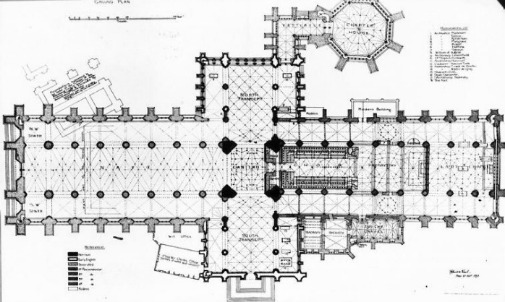
Centre for Mechanism and Institution Design
About Us
Economics faculty members Paul Schweinzer and Zaifu Yang founded the Centre of Mechanism and Institution Design on October, 9th, 2012 at the University of York. We define the Centre’s area of operation in the interdisciplinary field of Economics, Game Theory, Politics, Law, Computer Science and Mathematics relating to questions of Mechanism Design, Market Design, Institution and Organisation Design.
In particular, the field of the Centre’s interest includes (but is not limited to) the study and design of mechanisms for a variety of resource allocation problems. Topics range across:
- (Sales or procurement) Auctions
- Housing and marriage matching problems
- Job-matching
- School choice problems
- Organ exchange
- Physician assignment
- Voting systems
- (Distributive) Taxation and welfare systems
- Risk sharing, mitigation and control
- Conflict settlement (negotiation and bargaining)
- Environmental issues
- Elicitation of consumers' preferences and voters' opinions
- Financial Institutions and Regulations
- Social Security and Pension Schemes
- Development and Growth
- International Trade Rules and Regulations
- Economic Indices and Measurements
- Anti-Corruption Measures and Mechanisms
The purpose of the Centre is as follows:
- Conduct and encouragement of original, rigorous and logical research in mechanism and institution design and related fields no matter whether it is theoretical, empirical or experimental.
- Facilitate joint research among centre members, other members of DERS, interested units in the University (e.g., Stockholm Environmental Institute, Mathematics, Computer Science, etc) and the wider (academic) community.
- Cooperation of Centre members for joint research grants acquisition purposes.
- Coordination and implementation of consulting activities in the centre’s area of operation.
- Conduct regular meetings, if possible entailing a specialised seminar or workshop.
- Coordination on teaching activities. In particular, the sharing of responsibilities in the supervision and training of research students in the centre’s field of specialisation.
- We also provide a forum for policy makers from government departments and practitioners to present policy problems or issues related to economic mechanisms and regulations.
The Centre hosts a number of activities and co-operations to facilitate the implementation of these objectives.
